Stephen's recent articles
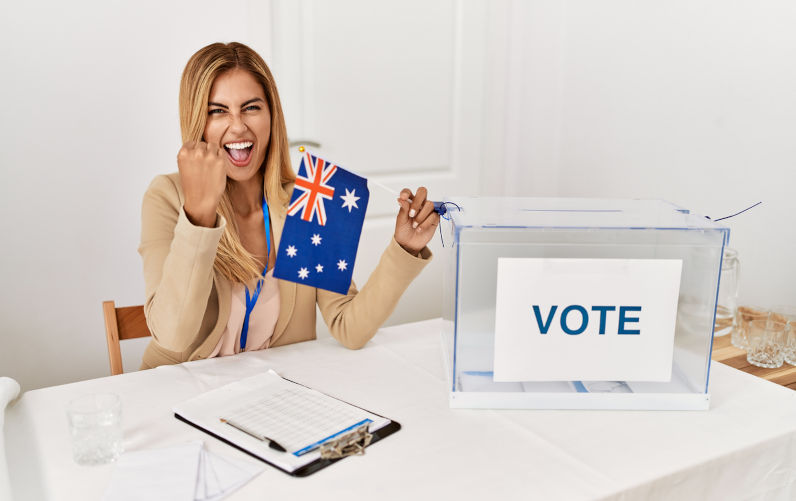
9 April 2025
‘Selling a pup’: Is this election a populist contest after Trump?
In 2025, after nearly 50 years of global neoliberalism since Ronald Reagan and Margaret Thatcher, the rich have got richer and inequalities have grown.
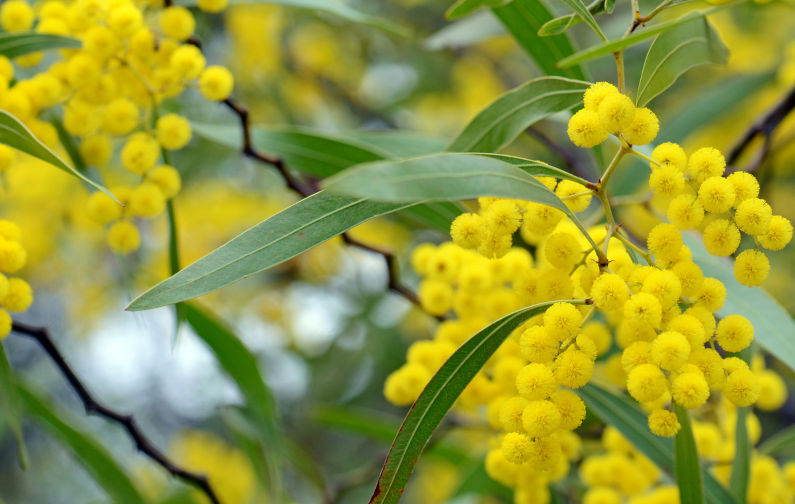
27 January 2025
When it comes to Australia Day, wattle stop the arguments?
At this time of year, we're reminded that Australia has a problem: an ongoing and deeply divisive conflict over Australia Day.
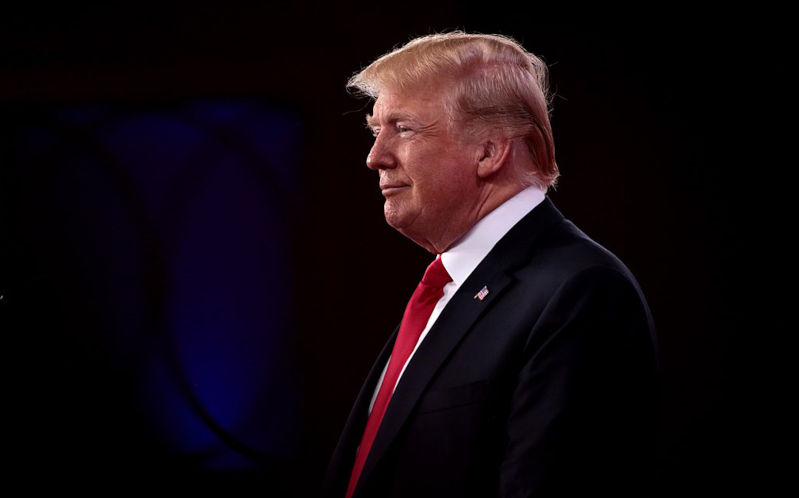
30 September 2024
Why Donald Trump could win the US election
How do we understand the appeal of Donald Trump to more than 45% of American voters? Here are some reasons why he could win the 2024 presidential election.
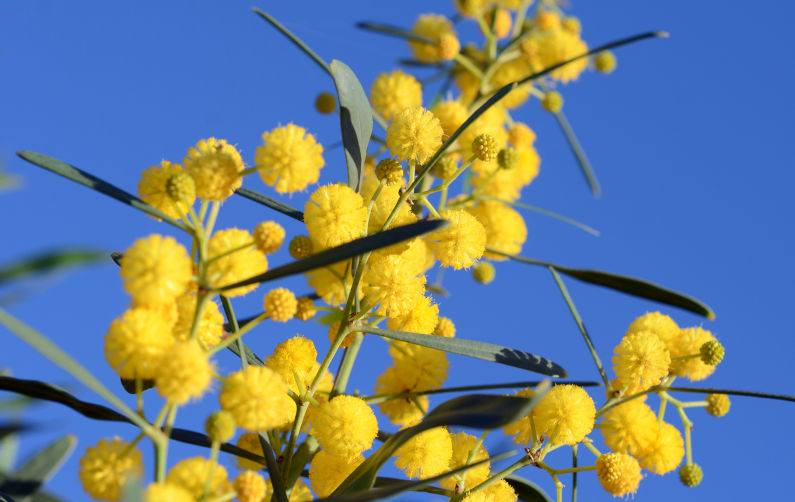
28 January 2024
Wattle Day: A natural choice for Australia Day’s ideals of diversity and resilience
In 2018, I wrote about Australia Day and Wattle Day for The New Daily. While in 2024 some crazy drums still beat to PC tunes, the federal government has lowered the temperature. Soon we will be able to have a rational debate which may lead us to September 1, Wattle Day, which could become the natural and national day which we all embrace. To a historian of Australian nationalism, a painter of wattles and a seventh generation Tasmanian, it seems an inclusive solution.
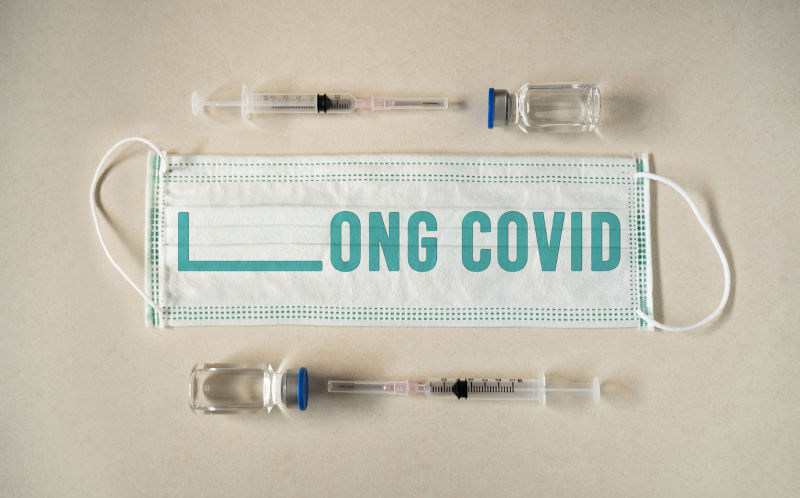
4 March 2023
A time for leadership: winning the pandemic war first
In the early 1940s ‘phony war’, before Pearl Harbour in December 1941, many Australians were not interested in the ongoing European war, even given our troops in Greece and North Africa.

19 December 2022
A poetic imagining: "The Prime Minister has long Covid"
In our third year of the pandemic while the government sends out bland statements, Covid-19 has not gone away.
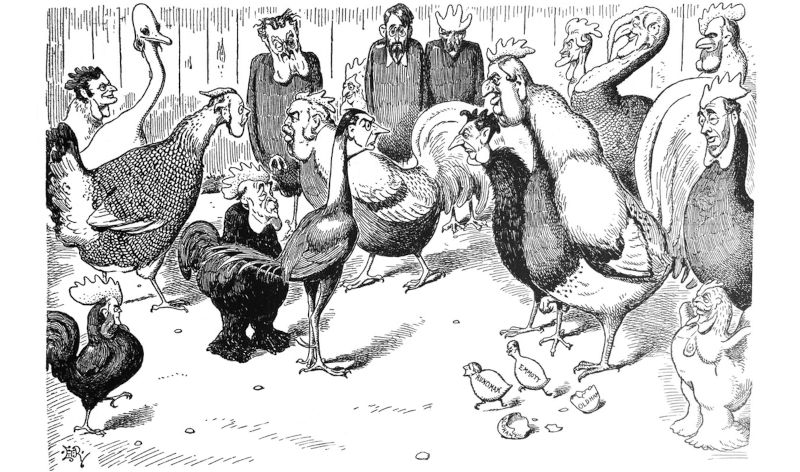
1 December 2022
A fusion of discontents and democracy's winter in Victoria
In Victoria, I came across she who had rhetorically embraced violence against the premier in the successful sniper's image of red mist. A new dimension to analysing the discontented and their underlying social and economic situation.
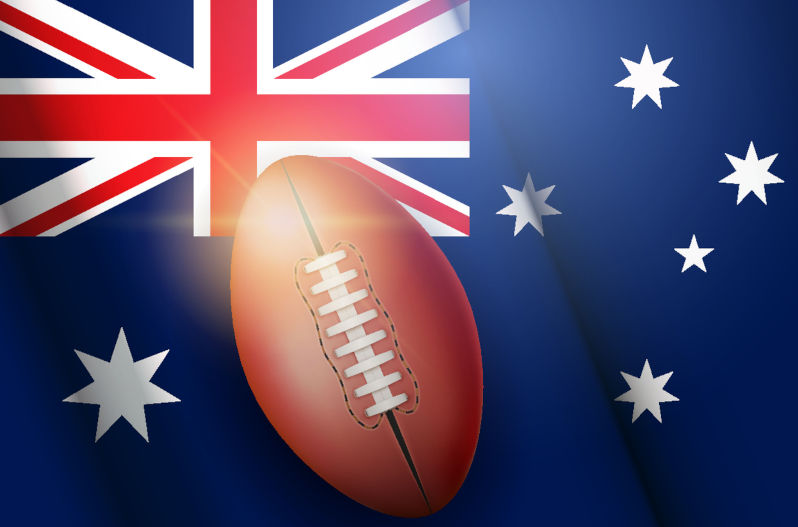
24 October 2022
The AFL, racism and neoliberal corporatist sporting cultures
In the last days of September around the biggest event on the sporting calendar for most Australians, the AFL Grand Final, a leaked report raised the harrowing, but hidden, history of racism at the Hawthorn Football Club.
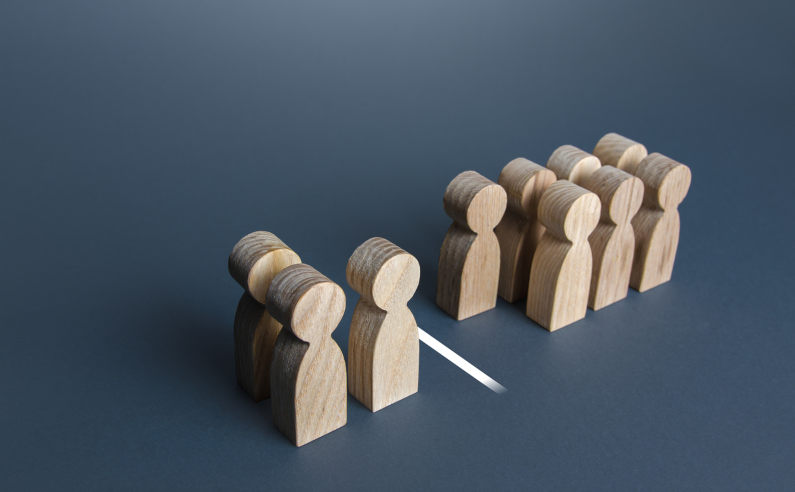
4 July 2022
Voices of insecurity … of kinds of felt dispossession … with implications for political disengagement… and sometimes populism
In 2022 we have seen moves away from major traditional parties, even more in France than in Australia.
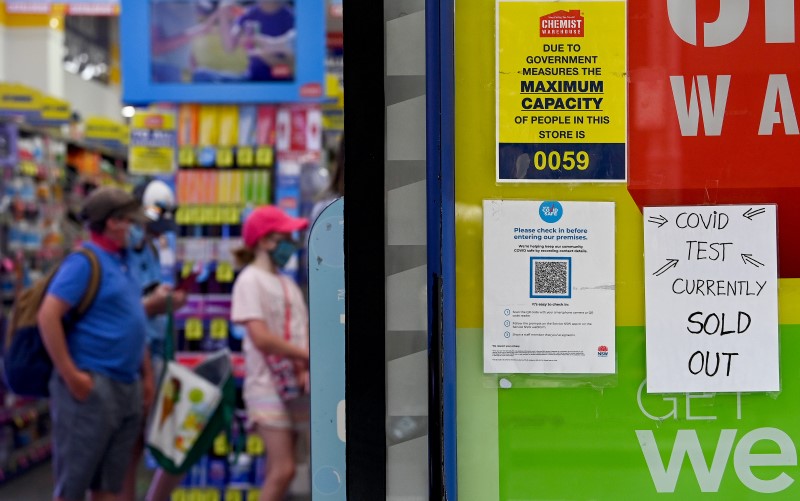
17 January 2022
Omicron's relentless spread demands a new response
The country is mired in a directionless mess and will continue to flounder without a new narrative and a policy response that emphasises protection.
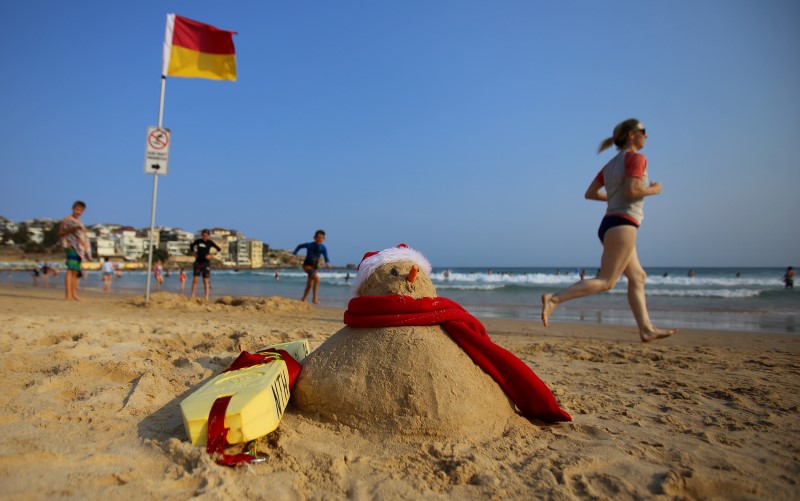
8 November 2021
Vaccination plus: A safe ticket to the great Aussie summer
For true freedom this summer, we'll need more than vaccinations alone — public health safety is always a story of multiples.

27 September 2021
How the Doherty model has been politically weaponised.
Political agendas have become more important than health policy in our current response to the COVID-19 pandemic.
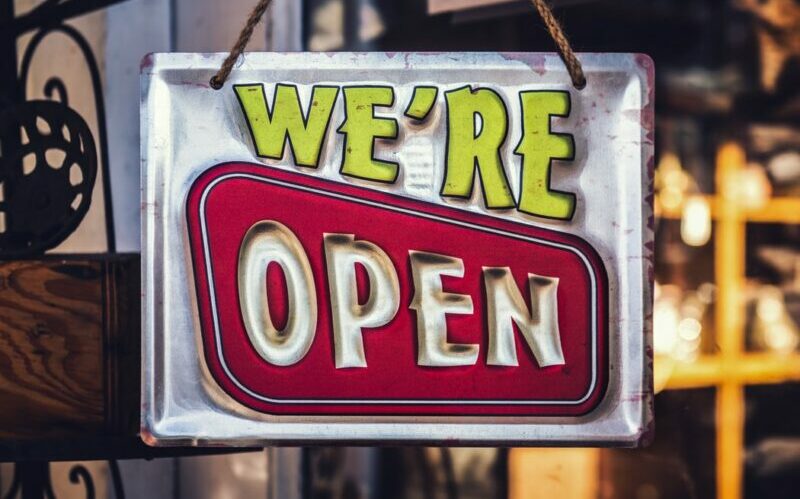
9 September 2021
The virus and social cultures: A national plan beyond Doherty
Australia needs a new and realistic national plan for emerging from the worst of the COVID-19 pandemic.
19 February 2021
Expert denialism: federal Covid advisory committee slow to accept airborne evidence
Why the official reluctance in Australia to recognise aerosol transmission?
